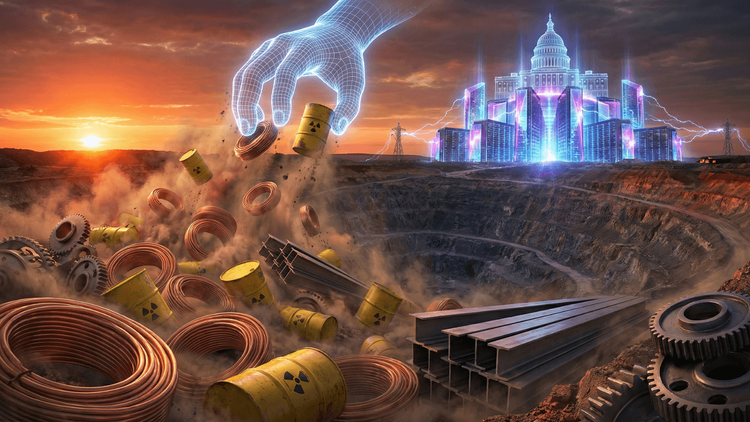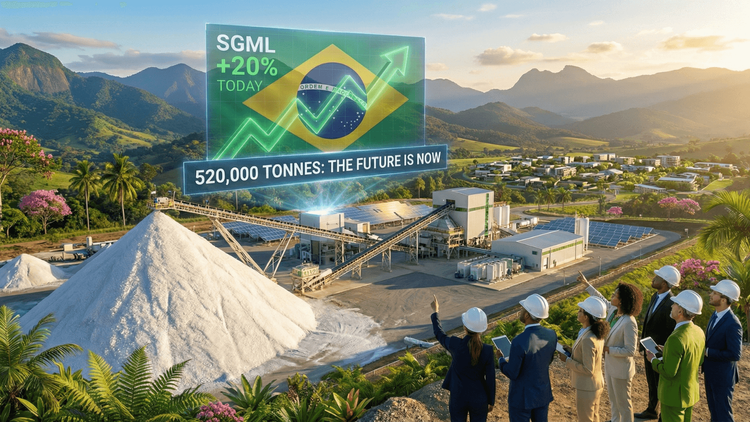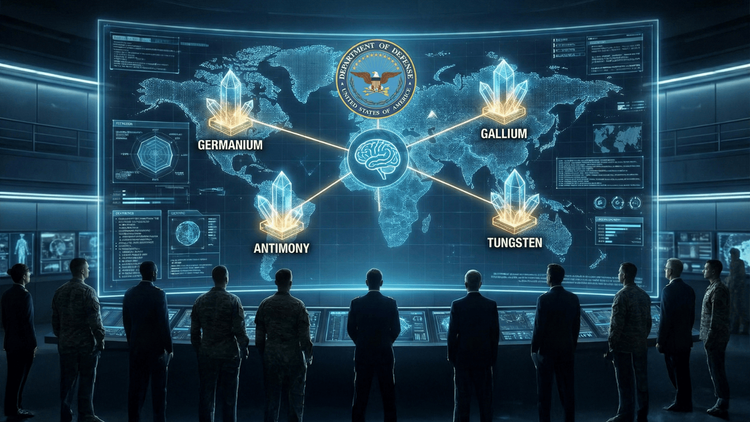EU Eyes Canada’s Mineral Riches to Secure Energy and Defense Future
How European demand for defense and energy security could finally unlock Canada's untapped critical mineral wealth

In a move that could finally shake loose the inertia gripping Canada's critical minerals sector, Industry Minister Mélanie Joly has announced a transatlantic policy initiative that positions the European Union as a potential catalyst for Canadian development. Speaking from Ottawa during a high-level press briefing, Joly introduced the New Canada-EU Industry Policy Dialogue, a sweeping cooperative framework that ties Europe’s defense and energy needs to Canada’s underutilized resource wealth. At the heart of this new agreement lies a simple but powerful idea: European demand could be the financial spark Canada has been waiting for.
Canada’s critical minerals portfolio is nothing short of world-class. From lithium and cobalt to rare earth elements and tungsten, the country boasts an enviable stockpile of the raw materials essential to clean energy, battery technology and advanced military systems. Yet despite the riches buried beneath its soil, Canada has largely failed to capitalize on this strategic advantage. Projects have stalled, financing has been elusive and domestic supply chains remain fragmented at best. Now, according to Joly, European interest might be the accelerant needed to finally unlock these dormant reserves.
Critical minerals are no longer just a green energy story. They're now central to military modernization and defense strategy. The tungsten that lines the casings of armor-piercing munitions, the neodymium that powers guidance systems in missiles, and the lithium that keeps battlefield electronics running all stem from a supply chain that has, for far too long, been dominated by a single geopolitical player: China. With mounting global tension and economic dependencies exposed by recent crises, Europe is clearly done playing defense. It wants partnerships, and it wants them now.








